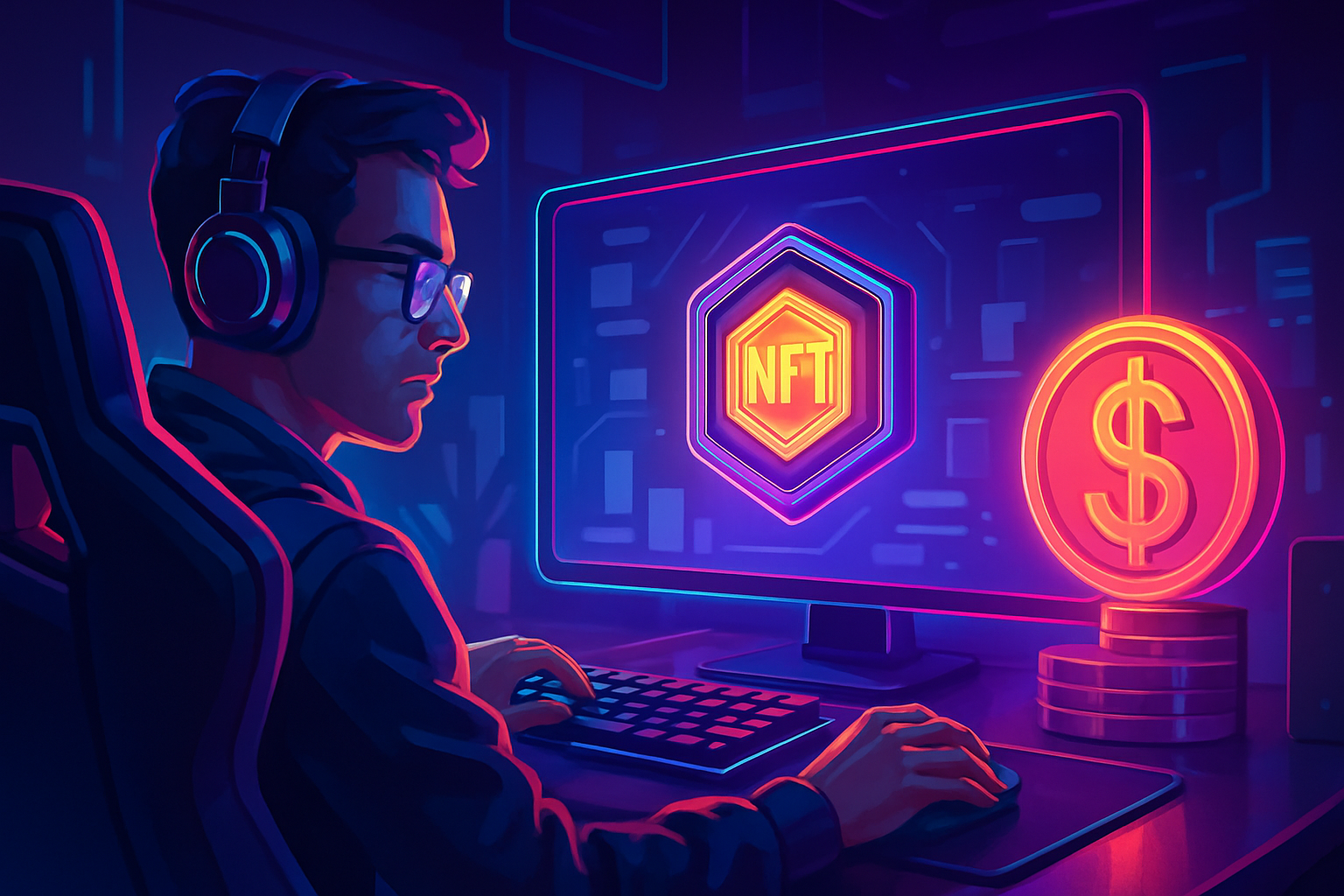
NFT gaming profits are no longer a tax grey zone in the United States. As of 2024, the Internal Revenue Service (IRS) has introduced clear guidelines that bring play-to-earn (P2E) game rewards and NFT transactions squarely into the realm of reportable income and capital gains. For players, this shift means that every sale, trade, or reward earned in-game now has potential tax consequences, often mirroring those of more traditional investments.

NFTs as Digital Assets: IRS Classification and Its Impact
The IRS officially classifies NFTs as digital assets, similar to cryptocurrencies. This means that any transaction involving an NFT, whether you’re flipping a rare in-game item or selling a digital land parcel, can trigger a taxable event. The key distinction is whether your activity results in ordinary income or a capital gain, which hinges on how you acquire and dispose of these assets.
If you earn NFTs or crypto tokens through gameplay (for example, as quest rewards), the fair market value at the time you receive them is taxed as ordinary income. When you later sell or trade those NFTs, any change in value from acquisition to sale is subject to capital gains tax rules. These nuances are crucial for accurate reporting and minimizing your overall liability.
Taxation of Play-to-Earn Rewards and Game Profits
The rise of P2E games has created new streams of income for gamers, but with it comes new reporting obligations. In 2024, if you earn NFTs or cryptocurrencies through gameplay, these are recognized as ordinary income on your federal return at their fair market value (in USD) when received. Federal rates range from 10% up to 37%, depending on your total taxable income bracket.
For example, if you earn an NFT worth $1,000 as an in-game achievement reward, you must declare $1,000 as ordinary income, even if you don’t sell it immediately. If that NFT appreciates and you later sell it for $3,000, the additional $2,000 gain is subject to capital gains tax based on how long you held the asset before selling.
Ordinary Income vs. Capital Gains Taxes for NFT Gamers
-

Taxable Event Timing: Ordinary income taxes apply when you receive NFTs or crypto as rewards (e.g., from play-to-earn games), based on their fair market value at the time of receipt. Capital gains taxes apply when you sell or trade NFTs, based on the profit or loss from the sale.
-
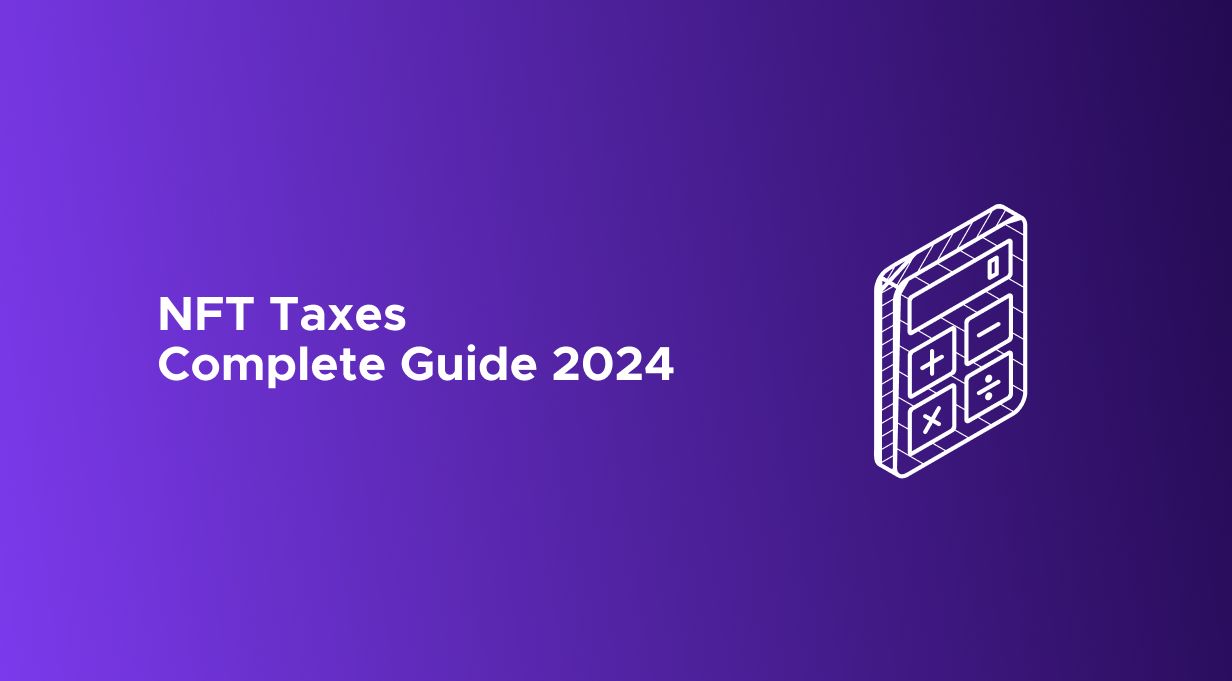
Tax Rates: Ordinary income is taxed at federal rates from 10% to 37% (2024), depending on your total income bracket. Short-term capital gains (NFTs held less than a year) are taxed at the same rates as ordinary income. Long-term capital gains (NFTs held over a year) are taxed at reduced rates from 0% to 20%, but collectibles may be taxed up to 28%.
-

Nature of Income: Ordinary income includes rewards, airdrops, and staking income received through NFT gaming. Capital gains result from selling or exchanging NFTs for crypto, fiat, or other NFTs.
-
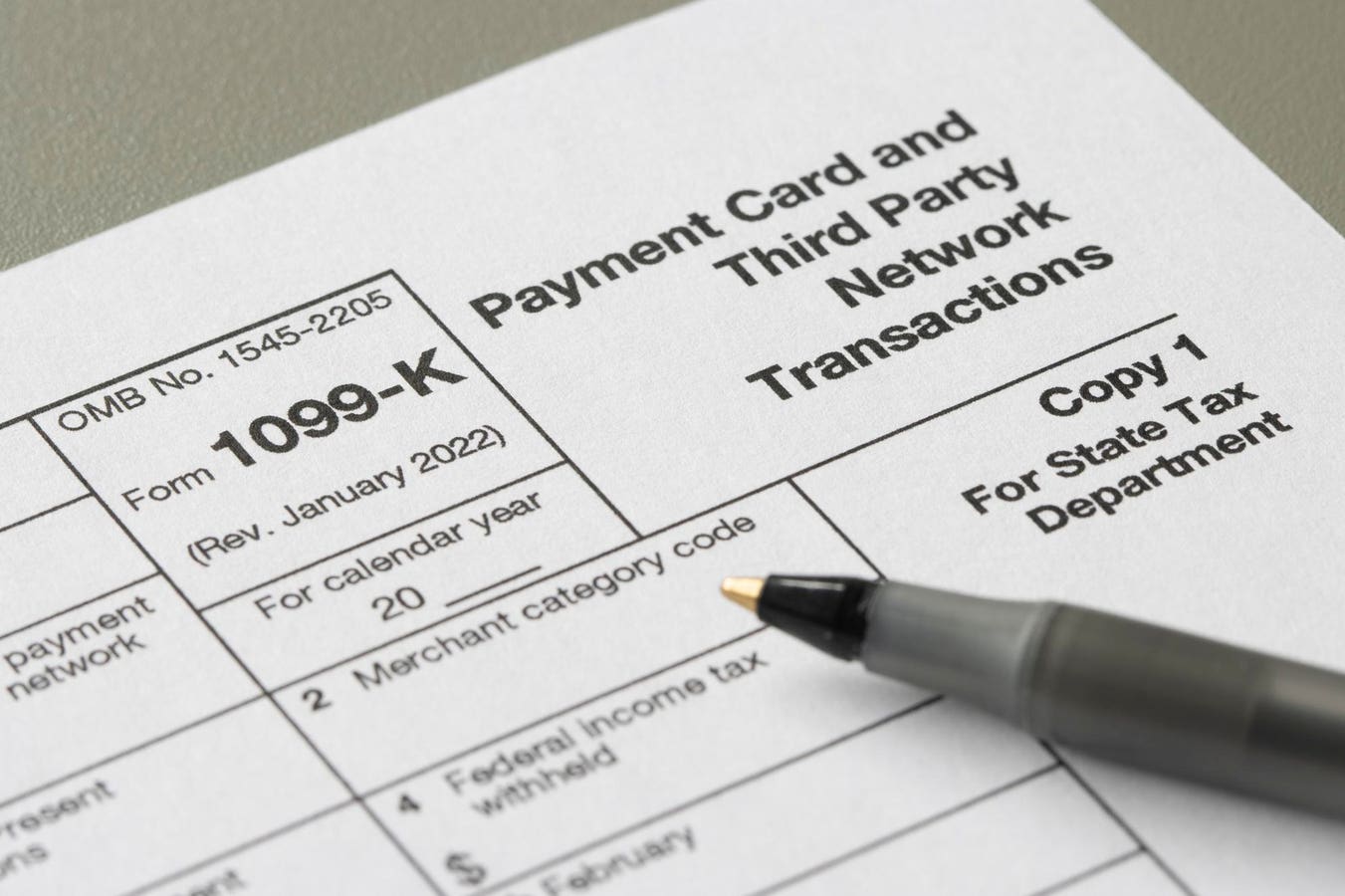
Reporting Requirements: Ordinary income must be reported as part of your annual income on your tax return. Capital gains and losses must be reported for every NFT sale or trade, including details like acquisition cost and sale price. Starting in 2025, NFT platforms must issue a Form 1099 for users earning over $600 from NFT sales.
-
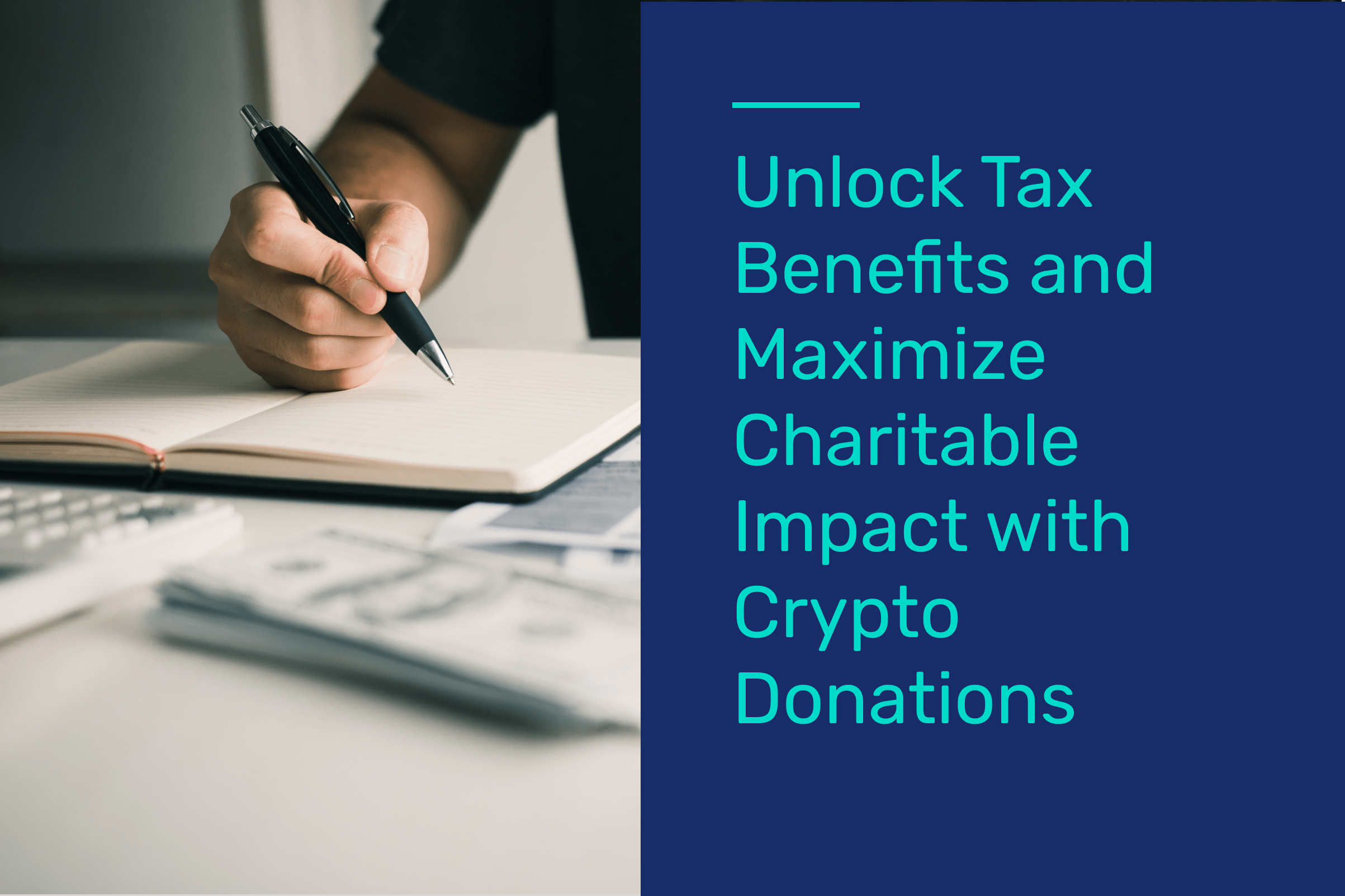
Holding Period Impact: Ordinary income is taxed when received, regardless of how long you hold the NFT. Capital gains taxes depend on how long you hold the NFT before selling—short-term (1 year).
-
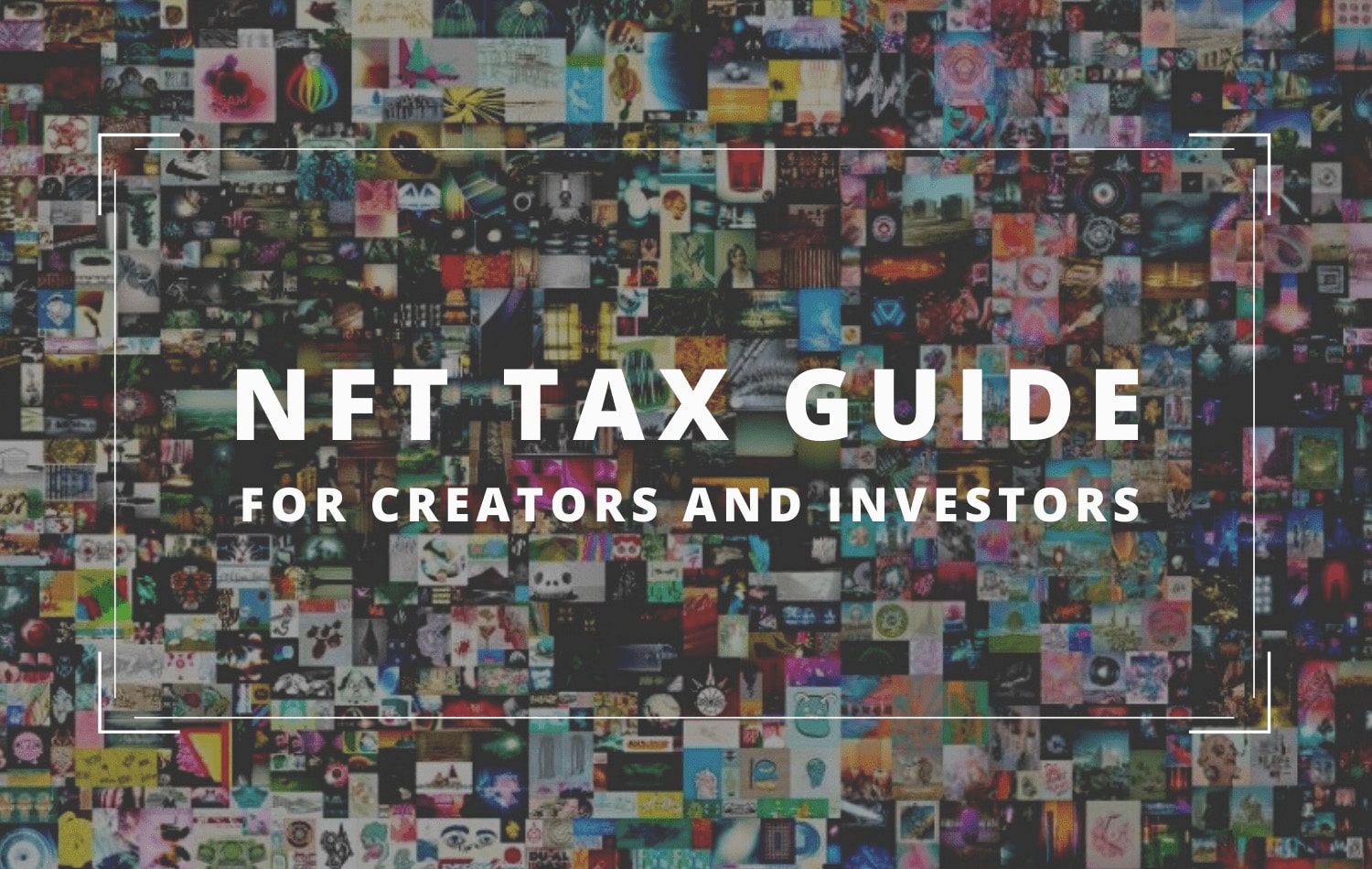
Special Rules for Collectibles: Some NFTs (e.g., digital art, trading cards) may be classified as collectibles by the IRS, making them subject to a higher long-term capital gains tax rate of up to 28%.
Short-Term vs Long-Term Capital Gains: What Gamers Need to Track
The duration for which you hold an NFT before selling can have a significant impact on your tax rate:
- Short-term capital gains: If sold within one year of acquisition, profits are taxed at your ordinary income rate (up to 37%).
- Long-term capital gains: If held longer than one year before sale, gains are taxed at preferential rates ranging from 0% to 20%, depending on your total taxable income.
- Collectibles classification: Some NFTs, particularly digital art or trading cards, may be classified as collectibles by the IRS and face a higher long-term capital gains rate of up to 28% (source). This distinction depends on the underlying asset represented by the NFT.
This classification makes meticulous record-keeping essential. You’ll need precise dates of acquisition and sale/trade for each transaction, a challenge given the fast-paced nature of many blockchain games.
NFT Tax Reporting Requirements Are Tightening in 2025
The IRS isn’t just relying on self-reporting anymore. Starting in 2025, major NFT platforms must issue Form 1099s when users sell more than $600 worth of NFTs in a calendar year, and send copies directly to both users and the IRS (source). This change brings NFT marketplace oversight closer to that seen with stock brokerages or payment apps like PayPal. Failure to accurately report these transactions could result in audits or penalties.
Given these developments, and with state-level sales taxes also heating up, it’s never been more important for gamers to understand their obligations around NFT gaming tax 2024, tax on NFT game profits, and NFT tax reporting for gamers.
Gamers should also be aware that state tax authorities are beginning to scrutinize NFT transactions more closely. While only a handful of states have issued specific guidance on sales and use tax for NFTs, this landscape is expected to evolve rapidly in 2024 and beyond. If your state imposes sales tax on digital goods, purchasing or selling NFTs in-game could trigger additional liabilities. Staying updated on your local regulations is as crucial as complying with federal rules.
Practical Steps for NFT Gamers to Stay Compliant
With the IRS ramping up oversight and platforms now required to report user transactions, proactive compliance is essential. Here are some actionable steps every NFT gamer should take:
1. Track Every Transaction: Maintain detailed logs of all NFT acquisitions, sales, trades, and in-game rewards. Include the date, fair market value in USD at receipt, acquisition cost, and sale proceeds.
2. Use Tax Software or Professional Help: Given the complexity of calculating cost basis and capital gains, especially with fluctuating crypto prices, consider using specialized crypto tax software or consulting a tax professional familiar with digital assets.
3. Watch Out for Collectibles Classification: If you earn or trade NFTs that might be classified as collectibles (such as unique art assets or rare trading cards), note that long-term gains may be taxed at up to 28%. Review each asset’s underlying nature to determine if this applies.
4. Prepare for Form 1099s: Starting in 2025, expect major NFT platforms to issue Form 1099 if you sell more than $600 worth of NFTs annually. Compare these forms against your own records to ensure accuracy before filing your return.
Common Pitfalls and How to Avoid Them
- Mismatched Reporting: Failing to report all taxable events, especially those already reported by platforms, can trigger audits or penalties.
- Poor Record-Keeping: Incomplete logs make it difficult to prove acquisition costs or holding periods if challenged by the IRS.
- Ignoring State Taxes: Overlooking state-level obligations can lead to unexpected bills down the line.
- Treating All NFTs Alike: Not all NFTs are taxed equally; collectibles carry higher long-term rates than typical digital assets.
If you’re unsure how your gaming profits will be taxed, or whether a specific NFT counts as a collectible, it’s wise to consult a qualified tax professional early rather than risk costly mistakes later on.
Frequently Asked Questions About NFT Gaming Taxes
The world of play-to-earn games is moving fast, but so are regulators. The IRS’s evolving stance on NFT taxation, combined with new platform reporting requirements and potential state-level rules, means that what worked last year may no longer keep you compliant today. Diligence in tracking and reporting every aspect of your gaming activity isn’t just smart, it’s necessary for anyone serious about building wealth through digital economies.






